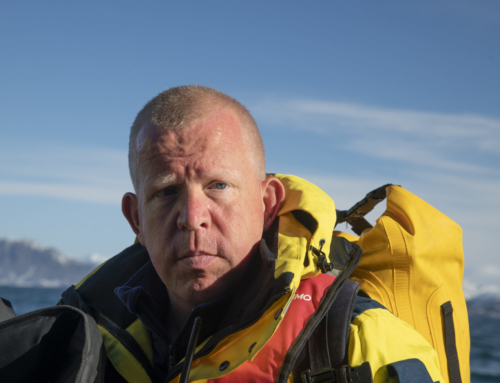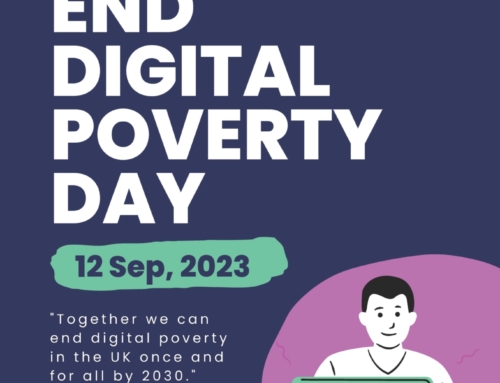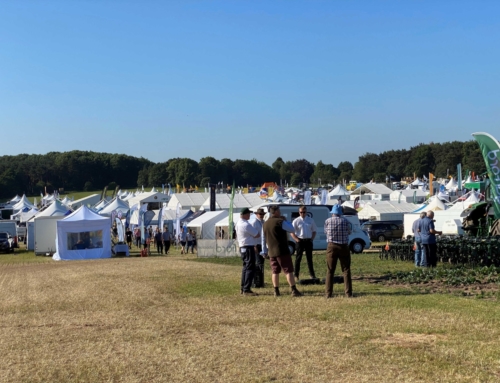Kai Müller, expedition medic and polar guide, has now returned from Antarctica and has given a full overview of Starlink’s valuable role during his journey.
Starlink – Internet connectivity in Remote Locations
It was back in 2023, that Kai first sounded out our CTO, Tim Belfall, of West-End Wi-Fi, about the possibility of using Starlink on his expeditions to the remotest parts of the world. As a qualified and experienced polar medic, Kai knew how vital internet connectivity was in the field of telemedicine. If there were a medical emergency, then it is essential that important information such as medical records and scans are able to be sent over to a third-hand medical expert for an accurate diagnosis and treatment. However, in the remotest parts of the world, it can be very difficult to obtain an internet connection.
Mobile Starlink
Tim came up with the idea of a Starlink which had features specially designed for Kai’s expedition.
The Starlink was portable (as it had to accompany Kai on his long and arduous journey), and was in a ruggedized and waterproof case, to protect it against the harshest of elements.
An additional Powerfilm solar panel and Shinewind turbine, (which could harness wind power), provided a source of independent power, so the Starlink could operate remotely.
The Antarctic research project, which was supported by the Institute for Remote Area Risk and Medicine (IRARAM), proved to give us some excellent insights. The mobile Starlink was easy to handle and use; it also performed very effectively even under trying weather conditions and sub-zero temperatures. Relevant medical information was able to be streamed to experts who could then provide relevant advice. Starlink needs space to work and on one occasion, it did not work was due to its placement next to a metal staircase on the ship. Once moved to a different location, it worked without any problems.
Telemedicine Insights
Kai’s expedition was also important to him, as he is very interested in the effects of hypothermia in patients. He is currently studying for a Diploma in Remote and Offshore Medicine from the Royal College of Surgeons in Edinburgh. Dr Hannah Evans and Dr Katharine Ganly were also on the expedition and had an opportunity to test out the Starlink, by sending data to the UK. Kai has recorded his experience on his website, which is here and on his YouTube channel.
It is of enormous relief to us that both Kai and the Starlink, have arrived home in one piece!
For further information on how Starlink can support remote communities, please visit our page on remote communities and Starlink.





